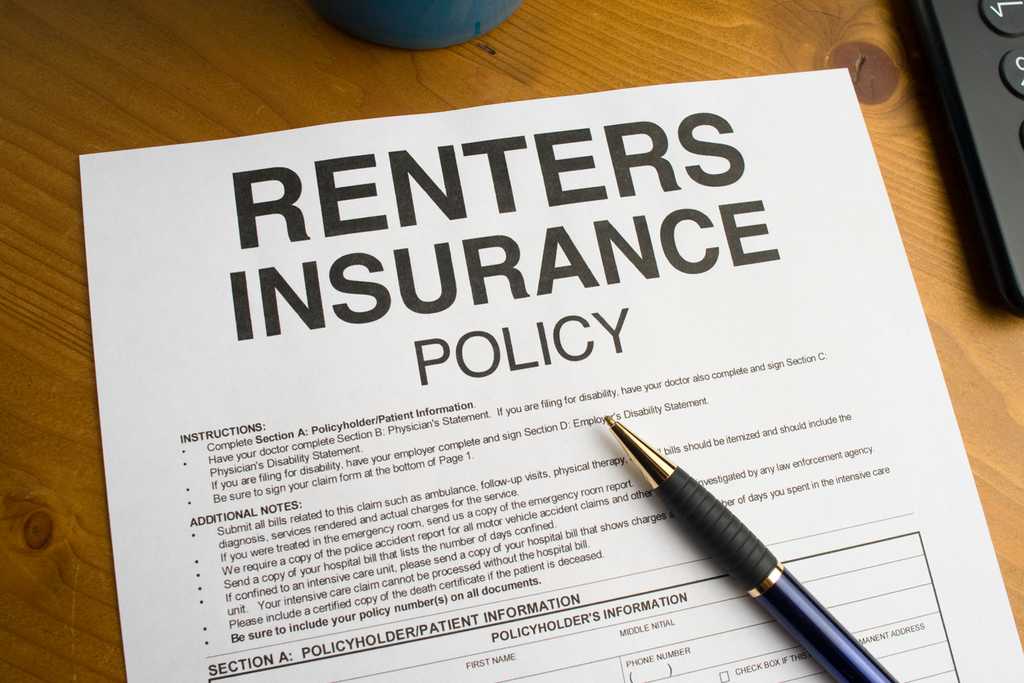Renters insurance provides comprehensive coverage for many situations you may face as a tenant, like theft or sudden water leaks. In addition to personal property coverage, standard renters insurance policies also cover personal liability, which comes in handy if you find yourself facing a third-party claim of bodily injury or property damage.
In this article, we’ll explain everything you need to know about personal liability coverage for renters, including how it works, what it covers, and how much coverage you should have.
What is renters personal liability insurance?
All renters insurance policies include personal liability insurance. This policy covers the financial consequences of third-party liability claims related to bodily injury or property damage. If someone sues you for personal liability, your renters insurance policy will pay for your legal defense, as well as a settlement or judgment with the other party, up to the policy limit.
How does personal liability coverage work?
The personal liability portion of your renters insurance policy kicks in when you get accused of causing property damage or bodily injury by a third-party who is taking legal action against you.
For example, if your dog bites a food delivery driver and it sends them to urgent care, they might decide to sue you for their medical bills. In this case, you could file a claim with your renters insurance company, and receive compensation for your legal fees and court costs. If you were found responsible for the claim, your insurance company would also pay the delivery driver for their losses.
Like other parts of your policy, personal liability insurance has a coverage limit. It’s the maximum amount of money your insurance provider will pay out for a single claim. If you are found responsible in a personal liability claim, and the plaintiff’s losses exceed your policy limit, you would be responsible for paying the difference out-of-pocket.
Another thing to know about renters personal liability insurance is that it doesn’t usually have a deductible. This differs from personal property insurance, which does have a deductible. That means you may not be required to pay anything out-of-pocket in the event of a personal liability claim, unless the total losses are higher than your policy’s limit. However, your insurance premium will most likely increase after this type of claim.
What does personal liability insurance cover?
Personal liability insurance covers two main categories—bodily injury and property damage.
Bodily injury liability claims are related to physical injuries you are responsible for. The settlement is typically used to cover the person’s medical expenses. Property damage liability claims, on the other hand, are related to accidental damage you cause to another person’s property. The settlement can be used to cover the repairs.
Your renters personal liability insurance policy provides coverage for a variety of situations that fall into these categories. For example, if a guest in your apartment slips on a rug and injures their wrist, or if your air conditioner unit falls out the window onto a neighbor's parked car below, your personal liability insurance policy would cover the associated costs.
When discussing rental units and insurance, it’s important to understand what losses you are responsible for as the tenant, and what losses your landlord is responsible for. Generally, your personal liability insurance policy only applies to claims you are directly responsible for, or incidents that happen in your unit.
For instance, imagine that you had a friend come over on a snowy day. If your friend slipped and fell on an unplowed walkway in front of the apartment building, your landlord’s insurance policy would cover it. But if your apartment floor was still wet from your snowy boots, and your friend slipped on your floor and got hurt, your renters insurance policy would cover it.
What isn’t covered by personal liability renters insurance?
Although personal liability renters insurance covers a variety of situations you might face as a tenant, there are some things that are not covered:
- Intentional bodily injury or property damage
- Injuries that you sustain
- Damage or injuries from car accidents
- Claims related to your business
- Damage that happens to your own personal property
- Accidents that happen between you and a roommate
Also, to reiterate, the personal liability portion of your renters insurance policy will not cover incidents that occur in common areas of your apartment, like lobbies, swimming pools, gyms, staircases, elevators, and parking lots. Your landlord’s insurance policy will handle those claims.
How much renters liability insurance do you need?
As with any type of insurance, having adequate renters insurance coverage is important. Ultimately, insurance is only beneficial if you have enough coverage to pay for the full cost of a third-party claim. Therefore, choosing suitable renters liability insurance coverage limits is important.
Put simply, you should have enough liability insurance to cover the full value of your personal financial assets. This includes things like investments, money in a personal saving account, retirement accounts, and real estate.
Here’s why: If you are found responsible for a bodily injury or property damage claim, and your insurance policy only covers a small portion of the losses, you have to pay the rest out-of-pocket. If you can’t afford the out-of-pocket cost, your financial assets could be seized to make up for what you owe.
To avoid this risk, having enough personal liability insurance is essential. When you purchase a renters insurance policy, you get to choose your liability coverage limits. The highest coverage limit offered depends on the insurance carrier, but it’s usually around $500,000.
If you need higher liability coverage limits than what your insurance company provides, you might consider purchasing an umbrella insurance policy. Umbrella insurance provides more liability protection once you have maxed out the coverage limits of your standard renters policy.

